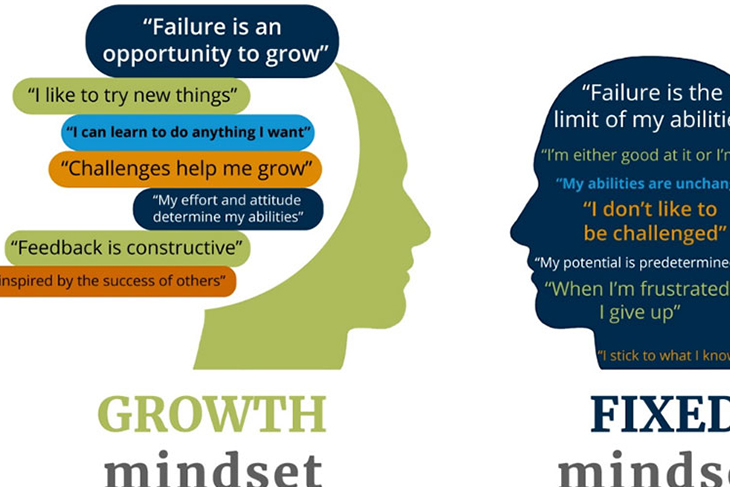
"Growth mindset" appears to be a buzzword among corporate leaders these days, with references to it appearing in everything from Twitter feeds to official management initiatives. Despite its widespread use, it appears that many individuals misinterpret the fundamental meaning of a development mindset and what it means in business.
Carol Dweck, a Stanford University professor and author, created the term in her book Mindset: The New Psychology of Success, published in 2006. As she explains in a piece by Harvard Business Review.
A growth mindset, on the other hand, has real economic benefits, such as greater trust among colleagues, increased morale, and enhanced innovation, when properly understood and efficiently fostered. People who work for organisations with a growth mindset are 65 percent more likely to believe that their company encourages risk-taking—and without risk, there is no innovation, according to Emeritus.
Doing our best to create a growth mentality at my firm, Jotform, has aided us in navigating the epidemic and leaning into experimentation and adaption during quickly changing circumstances. After more than 16 years in business, I'm more convinced that a dedication to lifelong learning is not only a reward, but also a requirement for success.
It's worth looking into some research-backed methods for building the mentality you'll need to expand your company today. But, according to the term's inventor, what does "growth mindset" truly mean?
A decade after the publication of her groundbreaking book, Dweck decided to set the record straight on growth mindset. Summing up the findings of her research, Dweck explained in Harvard Business Review that individuals with a growth mindset believe that their talents can be developed through hard work, good strategies, and input from others.
Employees who have a growth mentality in the workplace are more empowered, committed, and receive more support for collaboration and innovation. Below is further information on how this works in practise.
Employees at fixed-mindset companies report more of one thing: cheating and dishonesty among their coworkers, according to Dweck's research. While a dog-eat-dog culture may produce short-term gains, it eventually leads to a less collaborative and, as a result, less inventive business over time.
What happens, after all, when employees lack trust and commitment? Organizational productivity, job happiness, and staff turnover all have a direct impact—in other words, these elements can make or break your business.
All attitudes, it's worth noting, exist on a continuum. There is no such thing as a growing or fixed mindset. "Everyone is truly a combination of fixed and development mindsets, and that mix varies with experience," Dweck explained.
Leave a comment